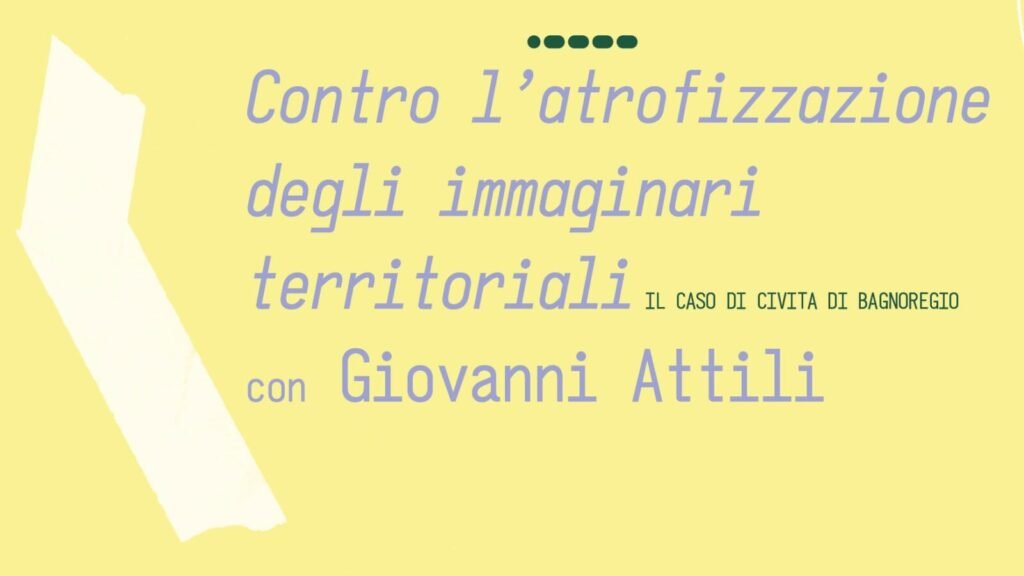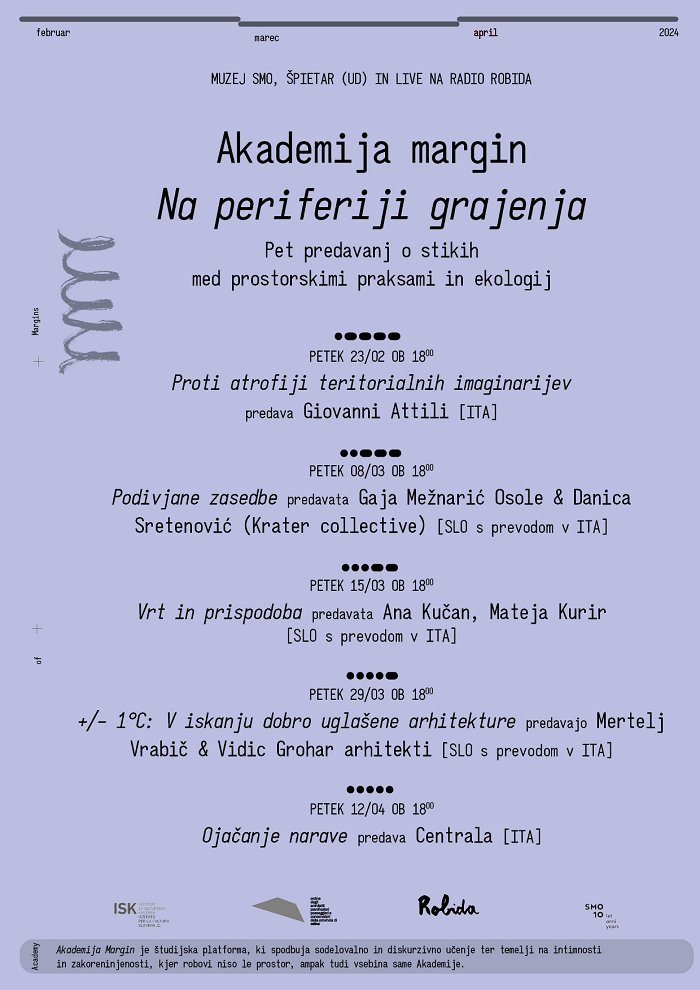Location: SMO Museum - Via Alpe Adria 73, 33049 San Pietro al Natisone (UD)
Civita di Bagnoregio is a small town in Northern Lazio characterised by a structural geomorphological fragility. The history of this land has always been marked by deaths and rebirths: collapses and reconstructions, abandonments and repopulations, vital bonds that are torn and new relationships that are knotted. It is a constantly renewed ability to adapt, which today falters in the face of the eruption of a phenomenon that is endangering the existence of the village. We are talking about mass tourism that is producing violent lacerations. A process through which commodification has ended up engulfing every area of life. In this new tragic frontier of the irremediable, Civita has expelled life and its capacity for regeneration. That dwelling, once firmly sewn to the earth, is falling apart, in the absence of actions capable of throwing what exists forward into the future.
Compared to this apparently irreversible scenario, can art play a restorative role? The Festival “Civitonia. Rewriting the end or the art of reversal” tries to provide some answers. First of all, it tries to break through the cloak of disenchantment that envelops Civita, inviting a group of artists to fertilize imaginaries of an alternative future. Starting from the need to break through the model of exploitation that condemns Civita to think of itself as without alternatives, the Festival aims to expand the spectrum of the possible, allowing a necessary contact with the otherwise. A certainly ambitious objective, also pursued through a playful and situationist movement. To expand its poetic and political scope, the Festival, in fact, decides not to happen, putting into tension some of the most important issues that impact the future of the territories and the world of cultural production.


